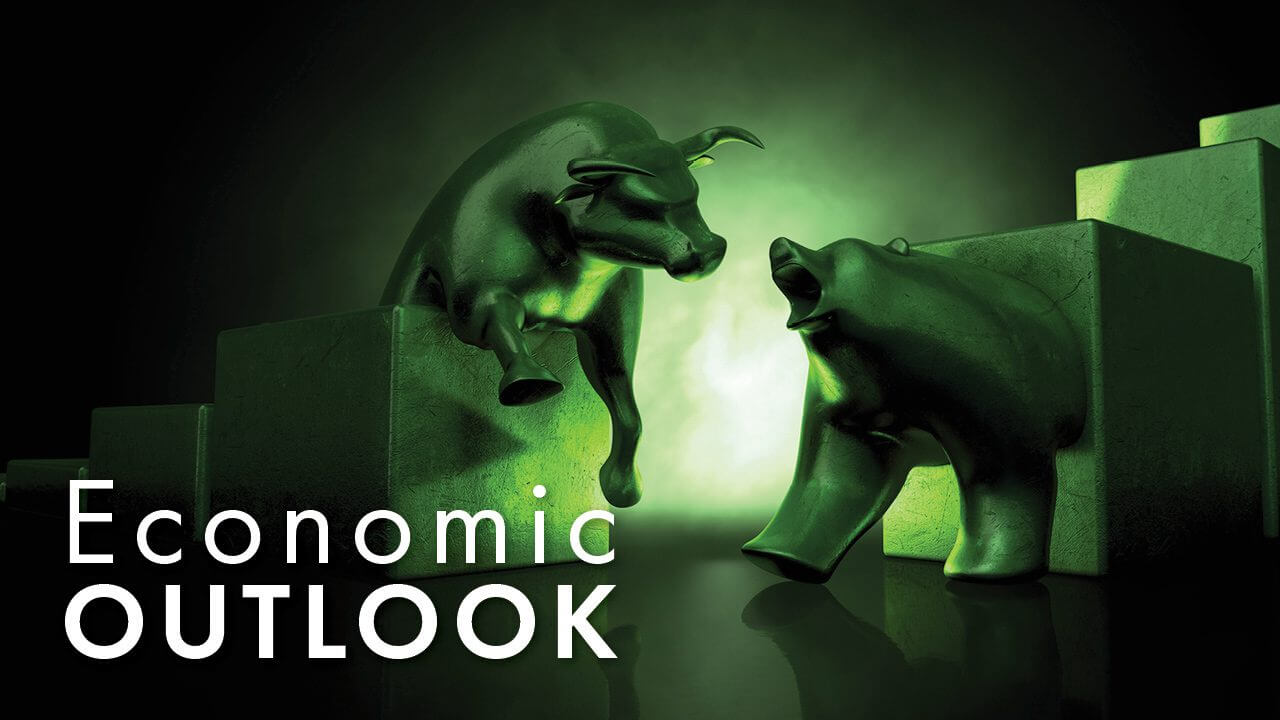On December 14, the Federal Reserve raised short-term interest rates by an additional 0.50%. This brings the federal funds rate to its highest level since 2007. In addition, Federal Reserve Chairman Jerome Powell suggested there would be more rate increases coming in 2023. The Federal Funds Rate is now positioned at 4.25 – 4.50%.
The good news is the 0.50% rate increase does mark a slowdown in rate increases. The central bank had raised rates by 0.75% in each of its last 4 meetings, marking the most aggressive series of increases since the 1980s. However, additional hikes may be considered in the future as Powell has reiterated that he has “more work to do.” The overarching goal is a tightening of monetary policy until such time as inflation returns to a rate of 2%.
In addition, the Fed published their economic forecast indicating interest rates peaking at 5.1% in 2023. Officials then see rates slowly declining to 4.1% in 2024. Only time will tell if that projection will hold in the coming months. But it is worth noting, this is still far below the peak rate of 18.1% in 1981.
This monetary tightening is being done to reduce price increases in consumer goods. That reduction in price can come with other costs that may be detrimental to the overall economy. We are already beginning to see layoffs from companies like Amazon, Fed Ex and most recently, DoorDash. Even tech giants like Meta, Microsoft, and Twitter have started reducing staff. Unemployment will have a direct impact on wage growth and other economic factors that stifle inflation.
Elon Musk has called on the Fed to immediately stop raising rates to avoid economic recession. In fact, Musk is advocating not only for a cessation in increases but for a reduction. His stance is positioned around the belief that continued hikes will begin creating long-term deflation in otherwise appropriately priced goods and services.
This economic reality may already be visible in some sectors. Housing prices and demand have continued to diminish month-over-month. There is also retail concern regarding excess inventory resulting in great deals for holiday shoppers but reduced earnings for an industry already suffering from diminished returns.
We will be monitoring future interest rate hikes closely in addition to Q4 earnings reports. January economic indicators could be very revealing as to what the economic performance of 2023 may look like.
The need for cash flowing assets in your investment portfolio continues to be strong with diminished yields in the public sector. Passive real estate investment, like KeyCity Capital’s offerings, continue to perform well in this economic climate. We look forward to working with you to assess your individual needs and how we can help.

